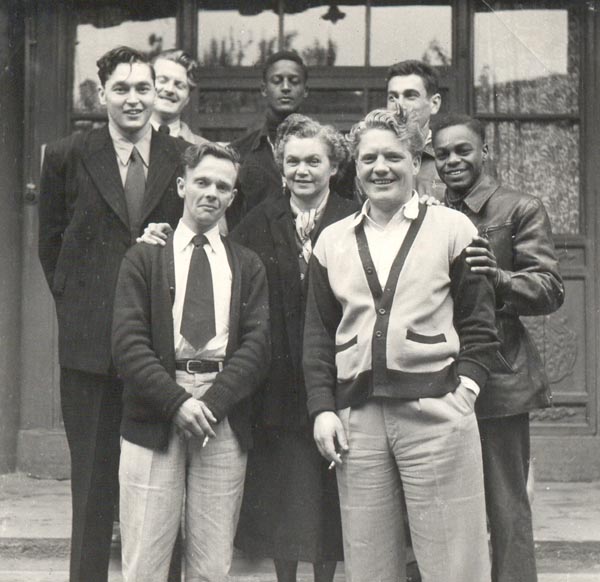

The father, who understood that his daughter must toughen up, gave her a switchblade, with which she once successfully fended off a set of girls who "were going to hold me down and cut my hair".
"Be fearless-that's the most important lesson from my father, and it has carried me through my entire life," Adams said. "I watched as my parents crawled and clawed their way out of the most horrendous hardship."
Having received countless threatening phone calls, the family dared not leave the house for more than one week after they arrived in Memphis. During their first outing, "one white fellow" walked up to the father, called him a turncoat and spat at him.
Then there was the crushing poverty, something unknown to Della Adams growing up in the comfort of a "foreign-experts compound" in Beijing, with her father receiving three times what the average school teacher was paid.
The father, who had been given a dishonorable charge by the military, had great difficulty finding work, while the mother, who had made her husband probably "the only black man in Memphis or the entire state of Tennessee to have married outside his race", was later fired from her job sewing suitcases when this was found out.
"We had no money for food," Della Adams said.
Three weeks after their arrival in Memphis, Clarence Adams was subpoenaed in front of the House Un-American Activities Committee to defend, among other things, his decision to go to China. Instead of getting a lawyer to represent him, he chose to represent himself, with "unvarnished truth", to use his own words.